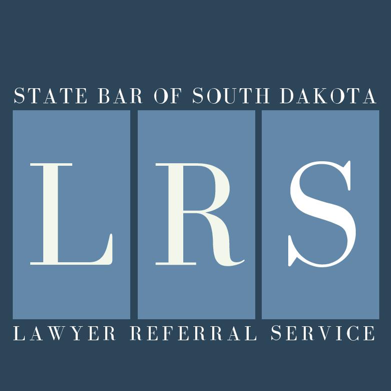South Dakota has a unified judicial system
The system consists of magistrate courts, circuit courts and the South Dakota Supreme Court. South Dakota is divided into eight areas called judicial circuits.
Magistrate courts handle criminal cases classified as misdemeanors. A misdemeanor is a crime for which the penalty does not exceed a fine of $1,000 and/or imprisonment in the county jail of a term of not more than 1 year. Preliminary matters in serious criminal cases are also commonly handled in magistrate court. Such matters include first appearances. Magistrate court also includes a small claims division. Small claims court handles civil cases involving disputed money claims of up to $4,000.
Other cases in all areas of the law are in the circuit courts. The cases are classified as divorce, probate, guardianship, adoption, juvenile proceedings, felony, criminal proceedings or civil lawsuits. The circuit court also hears certain appeals. These appeals are from magistrate court or administrative agencies.
The South Dakota Supreme Court is the State's highest court. The Supreme Court consists of a chief justice and four associate justices. The Court hears appeals brought before it from the circuit courts. In very unusual situations, a proceeding may be brought directly in the Supreme Court.
Circuit court judges are elected for eight-year terms by voters in their circuit. Should a vacancy arise during the term, the Governor appoints the replacement. Magistrate judges are selected by the presiding judge of the circuit. The Supreme Court Justices are appointed by the Governor from a list of two or more nominees selected by the Judicial Qualifications Commission.
All complaints against judges are heard by the Judicial Qualifications Commission. The Commission is made up of judges, lawyers and citizen representatives. The Commission may recommend to the Supreme Court that the judge be reprimanded, censured, suspended, or disbarred, depending on the seriousness of the conduct involved.
Civil Actions
Any action in the court system which is not deemed criminal is designated civil. A civil action is the legal method for private individuals to seek relief through the court system. For example, if you have been injured or have a business related claim, you may bring a civil action. In these types of matters, the relief sought is usually the payment of money as compensation. Sometimes, however, the relief sought is an order requiring another to do something or stop doing something.
If you think you have been cheated, injured or your property has been damaged, you may have a legal claim. You should consult a lawyer to discuss the facts and circumstances. The law imposes strict deadlines on enforcing legal claims. These deadlines are commonly referred to as statutes of limitations. If the applicable deadline expires, you lose your right to make a claim regardless of whether you are entitled to relief. Consult a lawyer as soon as possible if you think you may have a legal claim.
Small Claims Court
Magistrate courts have divisions known as small claims court. Small claims court handles disputes involving up to $4,000. Court procedures at this level are informal. Cases move along quickly and lawyers usually do not participate.
This information is based in South Dakota law and is designed to inform, not to advise. No person should ever apply or interpret any law without the aid of an attorney who knows the facts and may be aware of any changes in the law.

Get a consultation from a local, qualified lawyer.
Get started ⟶